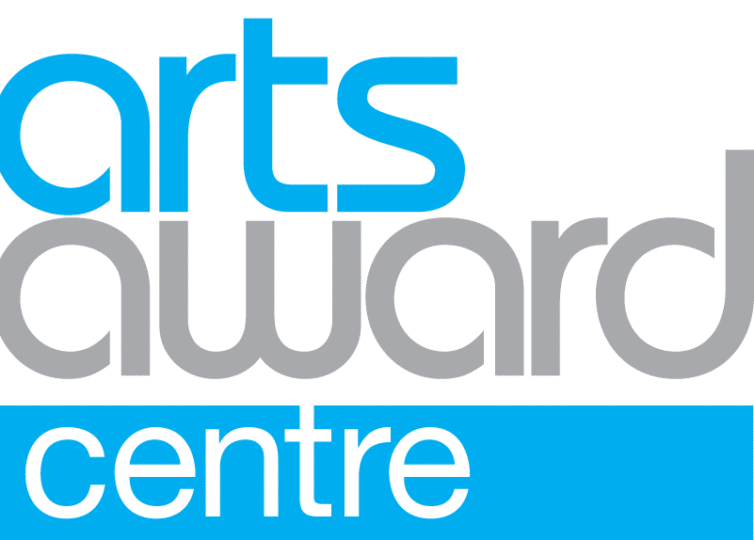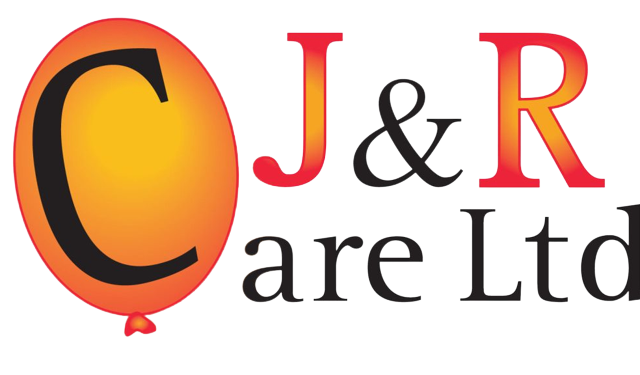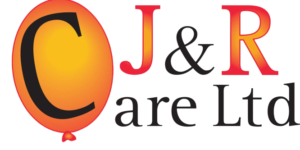24hr: 01474 871 999
Links & Pages
• NOTICEBOARD •
Black Lives Matter
Poetry power from one of our talented youngsters, click here
Pupils vs Staff Football Match
Who triumphed on this match of unequal abilities??
Annex Sessions
Click here to listen to the latest track from one of our boyz
Jobs
Positions available! Join our tremendous team, click here.
Questionnaires
Parents, social workers and staff are encouraged to complete an anonymous questionnaire here.




- Home
- /
- Residential
- /
- Positive Contribution
Positive Contribution
Staff and children engage together in discussion, consultation and decision making in relation to the overall running of the home – and more specifically meet each day to plan leisure activities and appropriate free time.
Discussing with the children how the home is run and how it might be improved with their help, is an example of our positive and inclusive attitude towards young people’s lives.

Communication: 2-way dialogue
A daily house meeting within the home is where all children contribute to the running of the home and the school, for example: planning menus and activities, and discussing areas of interest or concern. It’s also a constructive forum where we can discuss in an acceptable and respectful way, things we are not happy about.
All homes must have a registered manager and a Responsible Individual (RI) who oversees the management of the home. When consulting with children it’s important and made clear to them that Mr Eric deMel, in the role of RI, does this.
A monthly meeting including the children is when they receive minutes of this meeting and an action plan.
The Responsible Individual visits the home at least weekly and talks to the children. This includes keeping them informed of what policies are being updated that directly affect them, and they are invited to be part of the process. For example, one young person assisted the Responsible Individual to write the homes key working policy.
The ways in which children are helped to participate will take account of their background. Particular attention will be given to gender, ethnicity, religion, language and culture and the needs that may arise from these areas will be carefully planned for.
- Routine Practices
- Involvement and Inclusion
All consultation takes place at regular intervals and the views and opinions of all the children are very important in this process. Routine practices will not develop in the home which result in the assumption that children no longer need to be consulted or involved. If and when any changes and developments are being planned, children are consulted about these.
The Responsible Individual ensures that procedures are in place for feeding back from consultation processes to children and their families.
When it is not appropriate to involve and consult with a child’s family (for instance, because this compromises the welfare of a child) the reason for this is fully explained to the child.
The children are also involved in the recruitment of staff. As part of the recruitment stages, the proposed staff member will, where possible, visit with the children as a second stage to the interview process and the Responsible Individual meets with the children to ask their views. On occasions, if there is a child who is mature enough to participate well, they are invited to be part of the interview panel.



